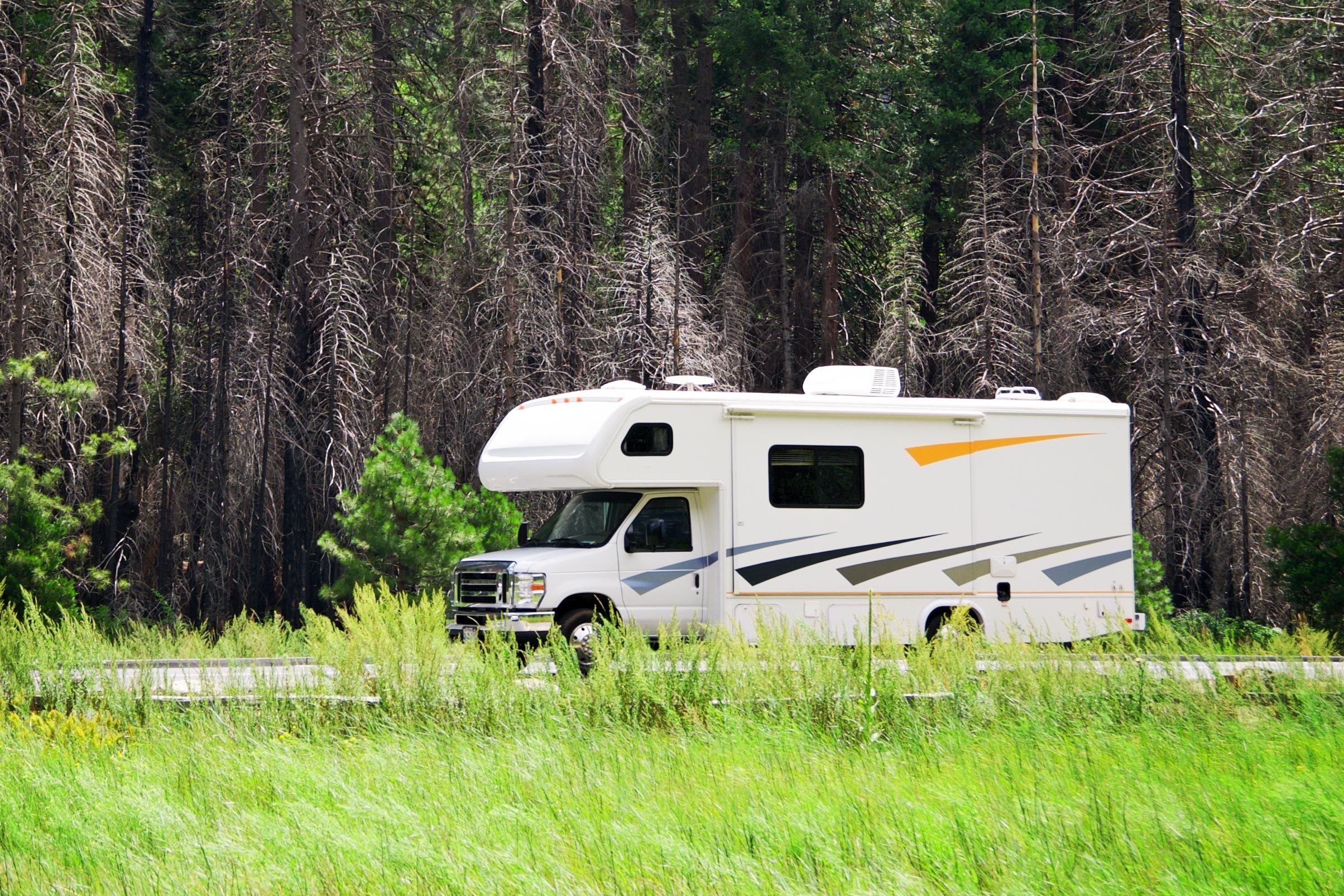
Where to Find Free Places to Park an RV Overnight
Planning a road trip in your RV can be an exciting adventure, but one of the most important considerations is where to park for the night. While many travelers opt for full-service RV parks, others prefer to find free places to park their RVs, especially for short-term stays. These options can help keep your budget intact while still offering safety and convenience.
Free overnight parking for RVs is available in various locations across the United States. From retail store lots to quiet public lands, there are plenty of spots that allow you to park without paying a fee. However, it’s essential to understand the rules and regulations of each location before setting up camp.
Multiple-Use Lands
Lands managed by the U.S. Forest Service and the Bureau of Land Management (BLM) are considered multiple-use sites, meaning they are preserved for conservation but also allow for recreational activities. These areas are often ideal for free overnight RV parking. Many of them are dog-friendly, making them a great option for pet owners.
RV and Camping Apps
Several apps and websites provide detailed information on free RV parking options. The RVParky app, Allstays app, and Campendium website offer extensive lists of camping and parking spots across the U.S. and Canada. You can search by location and filter results by price to find free RV parking options in parks, forests, and public lands. If you're planning a trip along the coastline, you might also want to look into beach camping options.
Can You Park Your RV Anywhere?
The short answer is no. Many towns and cities have strict rules about long-term parking on public streets. Even if you plan to park your RV in front of a friend’s home, you must follow local ordinances. Off-grid camping is generally allowed on federal public lands within a certain distance of established roads, but there are exceptions. Always check with local authorities or online resources to understand the specific rules for each location you plan to visit.
It's important to note that some popular RV parks and campsites fill up quickly during warm-weather months, sometimes booking months in advance. If you’re committed to free parking, you may find fewer options and no electric or water hookups. Always have a backup plan in case your preferred spot is unavailable.
Are Free RV Parking Spots Safe?
While some RVers swear by places like Cracker Barrel and Walmart as safe overnight options, free parking isn’t always guaranteed. Although Walmart has an RV-friendly policy, it’s best to call the store ahead of time to confirm with the manager. There are also lists of "no-go" Walmarts that are regularly updated based on RVers’ experiences.
Large retail shopping center parking lots are typically private property and may not allow overnight parking. Rest stops and truck stops are often good options because they are well-lit and have 24-hour bathrooms. Casinos can also be an option, though some may attract sketchy characters. Outdoor stores like Bass Pro Shop, Cabela’s, and Camping World may allow overnight parking, but it’s always wise to check with the manager first.
How Long Can You Park Your RV for Free?
Each campsite, RV park, forest, and public space has its own rules regarding how long you can park. Most BLM sites cap free camping at 30 days, while national forests allow dispersed camping for up to 14 days. Some areas may limit you to just one day, while others allow up to 30 days. As a responsible RV camper, it’s crucial to check local regulations by visiting ranger stations or calling ahead of your stay.
Why Choose Free RV Parking Over Popular RV Parks?
There are several reasons why free RV parking might be a better choice than popular RV parks. For starters, it can save you money, especially on longer trips. While RV parks offer amenities like electricity and water hookups, they can be expensive. According to Alyssa Padgett, author of A Beginner’s Guide to Living in an RV, the average cost of an RV park is around $45 to $50 per night, but prices can vary widely depending on location, season, and amenities.
For a 19-day Atlantic Coast road trip, these costs can add up quickly, making free parking a more financially viable option. Additionally, boondocking allows you to avoid crowds, noise, and light pollution, giving you a chance to reconnect with nature.
Other Options for Paid Parking
If you're looking for a non-campground experience, there are other paid options available. Hipcamp offers access to ranches, farms, and private land preserves. Harvest Hosts is a membership program that grants access to over 1,500 RV-friendly breweries, wineries, vineyards, and museums.
Being a Responsible RV Camper
When embarking on your RV road trip, it's important to be a responsible camper. Plan ahead, practice proper waste disposal, stay on designated trails, and follow campfire protocols. By following the Leave No Trace principles, you can help preserve the environment and ensure that future travelers can enjoy the same natural beauty.
With the right knowledge and preparation, free RV parking can be a safe, comfortable, and affordable option for your next road trip. Just remember to plan smart, stay open to new experiences, and let the journey take you where it will.
